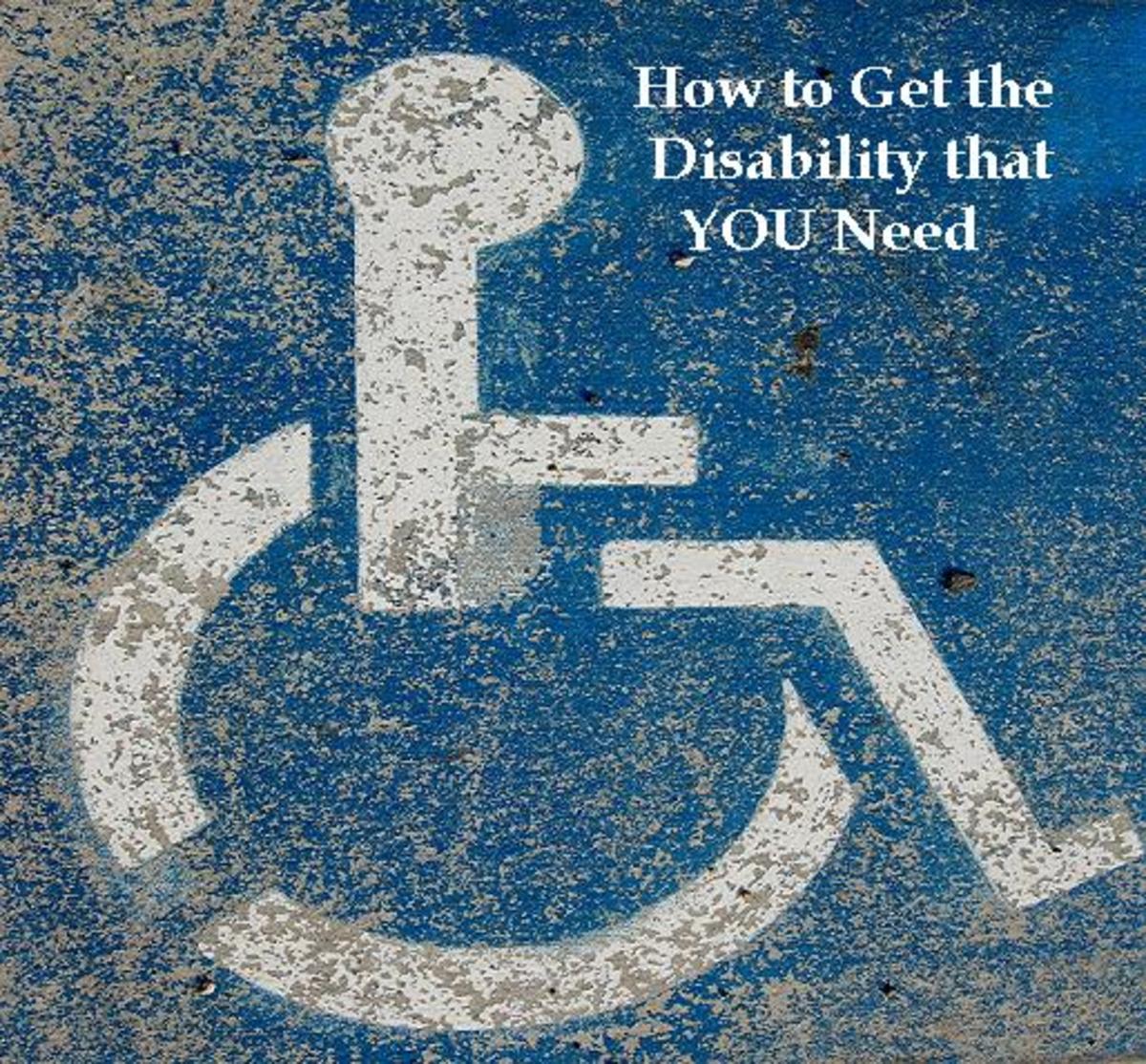Should I Collect Social Security Early ???

Social Security at age 62
When the opportunity presents itself to collect Social Security benefits early, there are often numerous factors to consider. The definition of early is typically age 62. The most common answer is… yes you should. However, not always since as with circumstances, each one must be examined on its own merits.
The first thing someone close to eligibility should understand is that the determination to collect early should not be based on the possibility of SS going “Bankrupt”. While there are serious fiscal challenges the current program faces with regard to sustainability, any future reforms or changes to the system will likely impact the next generation. Those over 50 will not likely be impacted. These fiscal challenges are complex and go beyond the scope of this article.
What happens if I collect at 62 years of age ??? Should you collect at age 62 your benefits will be reduced by a factor of 25%. Should you wait until full retirement (Age 66 for those born before the year 1959, and age 67 for those born after 1960) you will receive 100% of the stated benefit. Should you wait until age 70, you receive 130% of the stated benefit.
So why collect early ??? Collecting early tends to make the most sense when you are fully or partially retired receiving an earned income of a nominal amount. In the year 2012, if you earn in excess of $14,640 you will be penalized $1 for every $2 earned above the limit. Once you exceed $38,880 you will be penalized $1 for every $3 above the limit. At full retirement there is no penalty on earnings. Please note that this is not a permanent penalty, this amount is paid back to you later in full retirement. However should you have a sizeable income and have need for the additional cash flow, then the early benefit from SS is simply an added liability in terms of taxes. (85% of SS earnings are reportable taxable income).
However should you be fully retired and not be subject to a penalty, it begins to make more sense to collect early. The argument often made for waiting is that the breakeven point for waiting until full retirement is within your statistical life expectancy. According to the American Academy of Actuaries, today 50% of all American live to at least age 85. 75% of those who reach age 65 will go on until at least age 90. But what is often not calculated in these assumptions is the value of the cash in hand. What if the monthly benefit of for example $1500.00 per month from age 62 was invested in a longer term investment strategy because you had no need for the cash flow. You must then calculate the breakeven point on possibly $70,000.00 of investment capital with a 4 year dollar cost averaging head start. Furthermore, what if you actually needed the additional cash flow ??? You must then examine the other liquid assets that you would otherwise be withdrawing from to account for the monthly value of you SS benefits, and hence the implied rate of return that you are not seeing on the money withdrawn over that four year span. When you look more closely at these figures it becomes more sensible to take an early benefit.
A little known fact about SS benefits is that prior to 2010, one could collect early at age 62 and then at age 70 pay back the entire amount collected with no penalties or interest and subsequently start taking the benefit at 130%. In more than fifteen years of financial planning, I have yet to see anyone do this while it was permitted. Granted many individuals were simply unaware of this option. Yet when presented with this choice, they would never opt for it anyway. And with good reason I believe. Let’s examine why. Let’s assume your benefit at age 62 is $1,200.00 per month. Let’s forget the 8 years of inflation increases that you would likely receive and just use a fixed payment. By age 70 you would have received in excess of $115,000.00 in benefits. How many of us would write a check to the gov’t for $115,000.00 to collect the new higher 130% benefit ??? The answer is likely none of us. The reason is, should die shortly thereafter, the 115k is gone. Social security has no real survivor benefit beyond a small lump sum of less than $300.00. If you’re married, the surviving spouse is entitled to the higher of the two benefits, but not both. The lump sum is not insured back to you. It is the equivalent of purchasing a single life income annuity with no guarantee period, which is not a good idea. So what does this tell us ??? If you have the ability to change a decision you’ve made with no penalty or consequences and you choose not to, you must have made the correct decision.
There are other areas of planning with SS benefits that can be a bit more complex. One of which is spousal planning. In the event of someone whom is widowed at an early age, you may want to opt for the widow’s benefit. This means you can collect at age 60 based on your deceased spouse’s earnings calculations while allowing your earnings to maximize. This allows you to collect the early cash flow and then switch to your full benefits should they be higher under your earning calculations at age 66 or later.
Another area of little known importance is that of individuals whom become parents late in life. Should you achieve full retirement age and qualify for full benefits while still parenting minor children, the child will receive a monthly benefit equal to 1/2 of the parents benefit until age 18 or 19 if still a full time student. This benefit does not impact the benefit of the adult parent. This also will not impact a parent of a minor whom chooses to continue to work full time once they have achieved the full retirement age as per social security's definition.
In scenarios where there is a couple in which both parties are living, the same can be true. You may opt for a benefit under your spouse’s name at 62 at a rate of 35% while your spouse is already collecting. This can provide you with both benefits simultaneously, while still increasing your future benefit. At age 66 or later you can convert over to your full benefit at 100%. The mechanics and timing of how this is done can get a little tricky, so it may be worth consulting with a financial professional whom is well versed in this subject.
Additionally, remember that in the cases of married couples, both of you are entitled to benefits while alive. If one member of the houshold chose to be a homemaker and never had taxable earned income, they would still entilted to at least 50% of their spouses earnings at full retirement.
Over the long term, it seems to be a benefit in most scenarios to collect benefits as soon as possible. However, always remember that all financial planning is done somewhat Ad Hoc, as each circumstance is truly unique.
Suggested Reading
- The Impact of Retirement Distributions in Volatile M...
Over the last fifteen years in the financial planning field, the most commonly expressed concern I have heard from a retiree/pending retiree has been…Will I run out of money ??? When examining this question there are many variables to be concerned... - The Case for Alternative Investment Strategies
One of the lessons of 2008, and even the more recent market volatility is that portfolio management has become more dynamic. Traditional asset allocation models of equities, fixed income, and cash equivalents may not be sufficient for more growth... - Estate Planning Basics
I have always found it astonishing just how many of the clients I have come across over the years that have not seriously addressed the issue of estate planning. Many feel that their net worth simply does not justify paying a great deal of attention. - What should your Financial Advisor ask you ???
Often we read articles & commentary about what to ask your financial advisor. But what should your financial advisor be asking you. Often times that alone can tell you whether or not you are engaged in a financial advisory relationship that is in - The Importance of Asset Allocation
When building and investment strategy we often hear the term “diversification” Yet and equally important concept is “Asset Allocation” It has been shown via numerous studies that the proper allocation can account for better than 90% of long... - Bonds vs Bond Funds ???
While over the years the community of investment professionals nearly universally agree that most every client should own some form and percentage of fixed income as part of their asset allocation strategy…Over the years there has been an ongoing... - Passive vs Active Management…The Case for ETF’s
There has been an ongoing debate for decades about the benefits of actively managed mutual funds versus their passive counterparts. Those counterparts would be the exchange traded fund market (ETF’s) as well as traditional index funds. Those in... - Financial Planning for Widows
Over the many years I have worked in the field of financial planning, I have noticed that I have worked with a fairly disproportionate number of clients whom are widows. While this was not by design, it has allowed me to acquire some insight into... - What Are The Hidden Costs of Mutual Funds ???
When it comes to analyzing mutual fund fees, you most often have to turn over more than a few stones to find them all. Mutual funds costs can be broken down into three basic categories. Load funds, no-load funds and no-load funds with a transaction.. - Do You Need An Umbrella Policy ???
At times it can seem terribly overwhelming for many of us when it comes to purchasing insurance. There are so many policies to consider. We must decide on health, life, long term/short term disability, long term care, homeowners and auto insurance...










